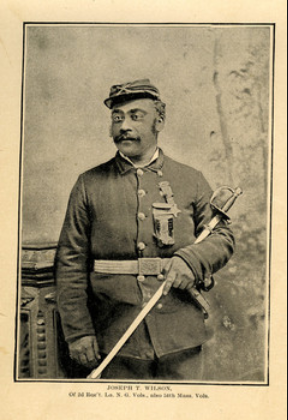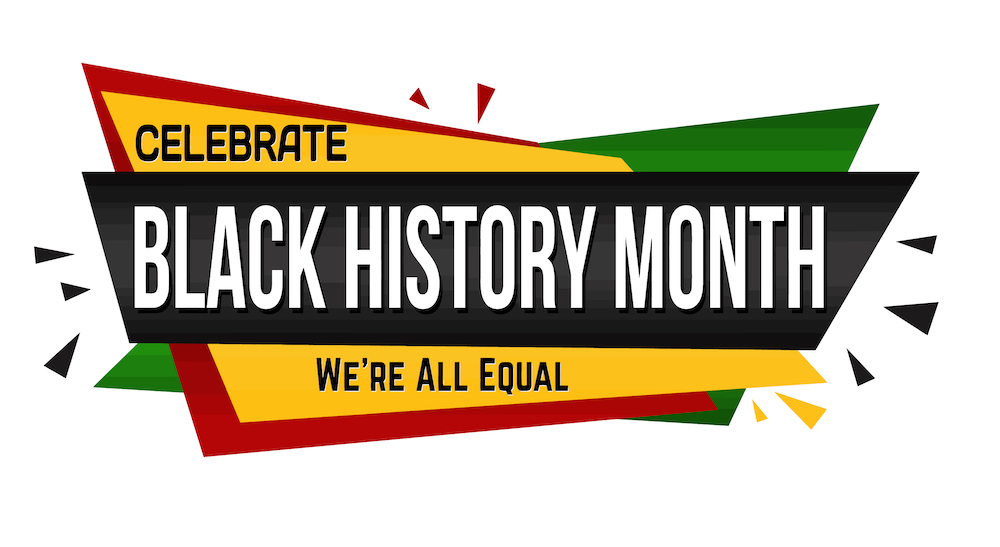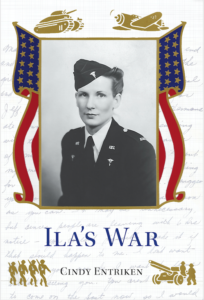February is Black History Month.
As you know, if you’ve read any of my past blogs, I focus primarily on topics related to America’s wars. If you go to the link provided here, https://cindyentriken.com/2013/10/finding-a-treasure-trove/, you can read my first blog post about how I discovered a treasure trove of letters from WWII which was the foundation of my collection.
But you also probably know that recently I decided to expand my platform to talk about racism in the U. S., and what we can do to combat it in all it’s hideous forms. This link, https://cindyentriken.com/2020/06/end-racism-confessions-of-a-white-woman/, will take you to my blog titled “End Racism – Confessions of a White Woman”.
Calling out racism is the first step in ending it. It’s something I’m passionate about. I’ve long known that the end of racism starts with each of us. So I continue to examine my decisions and actions to root out this insidious disease in myself.
But that’s not enough. I’ve also worked to educate myself about the real history of African Americans in this country. Not the portrait old Hollywood movies would have us believe about happy slaves working on Southern plantations. I mean the real history of brutality and suffering of people kidnapped from their home countries. And learning of the strength and resiliency of a people who defended and built much of this country without their own freedom while White Americans blithely recited the Pledge of Allegiance and said, “With Liberty and Justice For All” while keeping a straight face.
I don’t know about you but my high school didn’t teach anything about African Americans beyond a few shameful and reductionist sentences.
“Slavery was introduced to the colonies in [some date I don’t remember]. The Civil War was fought because Southern states wanted to maintain the system of slavery and Northern States didn’t. As a result of the North winning the Civil War, Lincoln freed the slaves.”
To make up for my lack of formal education about African Americans, other than an introductory and generalist college class in African American studies, I started reading history and fiction about and by African Americans.
Because, the truth is that the end of racism starts in our own hearts and minds.
I realized sometime in the fall of 2020 that my collection of war memorabilia lacked any items representing the participation of African Americans in this country’s wars. My first thought was simply that this oversight was accidental, and that is true.
But I also realized my oversight was part of unconscious selection bias.
In research, selection bias means “an experimental error that occurs when the participant pool, or the subsequent data, is not representative of the target population.“1
But what I mean is that all the items in my collection represented only White veterans while the “target population” of US veterans includes men and women from a variety of ethnic and religious backgrounds including African Americans, Native Americans, Hispanic Americans, Japanese Americans, and many others. I didn’t give any thought to looking for items that represented Black or Brown veterans. I didn’t deliberately exclude items that would have represented American Veterans of different ethnic backgrounds. The problem was that my radar screen was completely blank when it came to looking for and learning about the contribution of other ethnic groups to America’s war efforts. Once I became aware of that unconscious bias, I had to begin remedying it because . . .
While unconscious bias is not intentional,
it’s harmful and hurtful.
The first item I added to my collection is an incredible book titled, The Black Phalanx; A History of the Negro Soldiers of the United States in the wars of 1775-1812, 1861-’65, by Joseph T. Wilson. The book was published by the American Publishing Company in 1887.


Joseph Thomas Wilson was born free in Norfolk, Virginia, in 1837. He moved to New Bedford, Mass., when he was 9 years old where he attended public school until at the age of 18 when he joined a whaling ship. He sailed the South Pacific then traveled to South America where he worked until he returned to the U. S. in 1862.2
Below is the introduction to the book, written by the publishers.
By way of introduction to the American public, of the author and editor of this book, we beg to say that Mr. Wilson is not altogether unknown to the literary world, having already published several works relative to the Negro race.
His services during the war of the Rebellion secured for him a flattering recognition. He served in the 2nd Regiment Louisiana Native Guard Volunteers, [a regiment of the Union Army3] also the 54th Massachusetts Volunteers, — the most famous of the Union negro (sic) regiments that engaged in the struggle, receiving several wounds. He was the first negro (sic) member of the National Council of Administration of the Grand Army of the Republic, and a delegate to the National Encampment, and was appointed Colonel –A. D. C. to the Commander-in-Chief G. A. R. He was chosen by his comrades to be the historian of the negro (sic) soldiers, and has overcome many almost insurmountable difficulties in gathering the scattered facts, particularly those of the early wars of the United States, that were necessary to complete this work.4
You can see a list of the Joseph T. Wilson’s writings, and read them all on line by going to the following link: http://onlinebooks.library.upenn.edu/webbin/book/lookupname?key=Wilson%2C%20Joseph%20T.%20(Joseph%20Thomas)%2C%201836-1891 (accessed 1/24/2021)
In future blogs I’ll be including stories and quotes from Wilson’s works as well as other sources to tell stories about the contributions of African American veterans to protect freedom for the citizens of this country while those same veterans were being denied their own freedoms.
Any way you look at it, we have a lot of work ahead of us — all of us — to make the words “Liberty and Justice for All” really mean what they say.
———————————–
1https://imotions.com/blog/selection-bias/ (accessed 1/26/2021)
2https://www.encyclopediavirginia.org/Wilson_Joseph_T_1837-1890 (accessed 1/24/2021)
3https://en.wikipedia.org/wiki/2nd_Louisiana_Native_Guard_Infantry_Regiment (accessed 1/26/2021)
4Joseph T. Wilson. The Black Phalanx; A History of the Negro Soldiers of the United States in the Wars of 1775-1812, 1861-’65. Hartford, Conn.: American Publishing Company, 1890.


